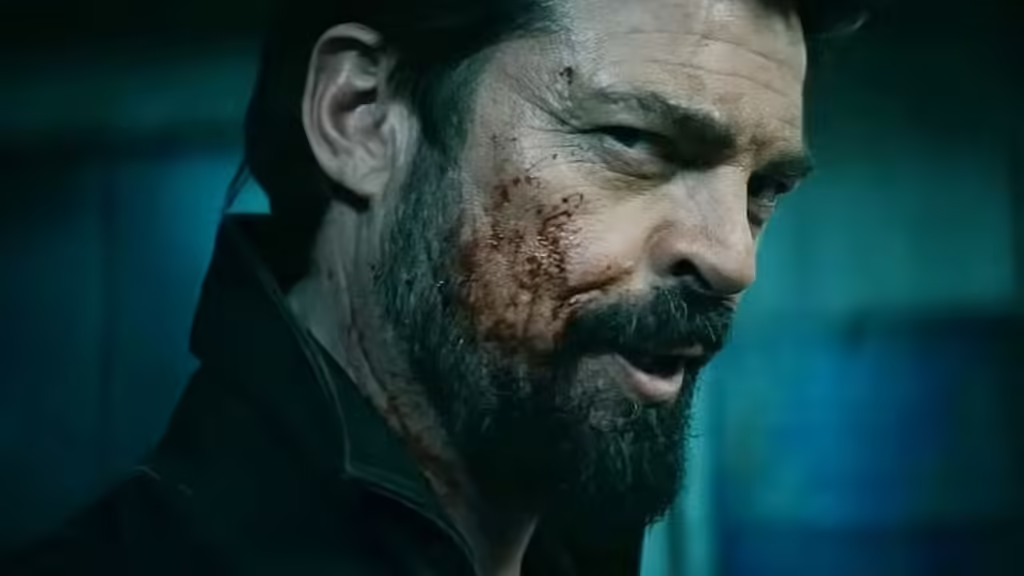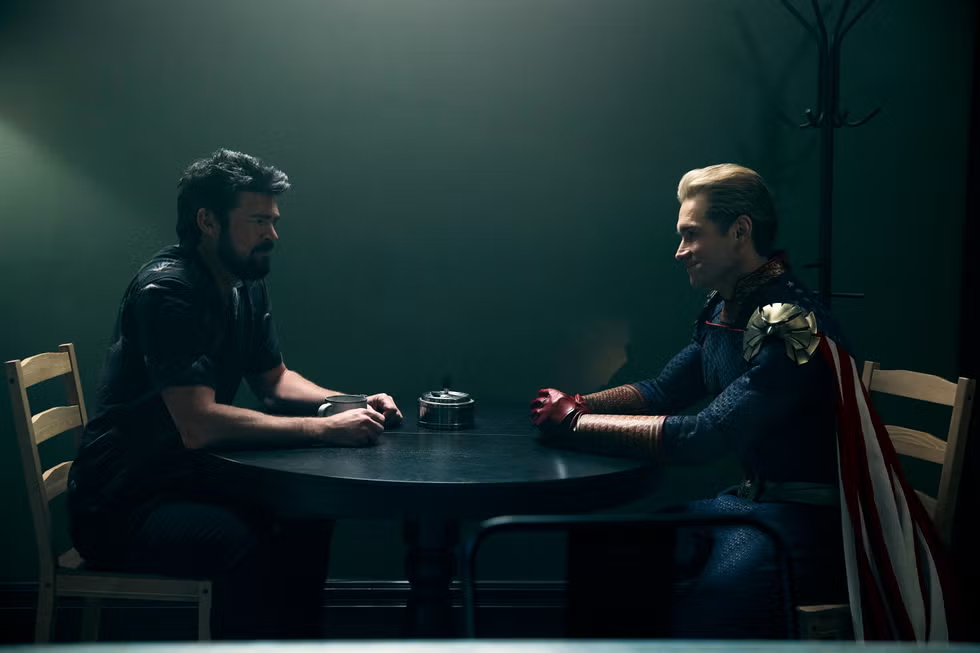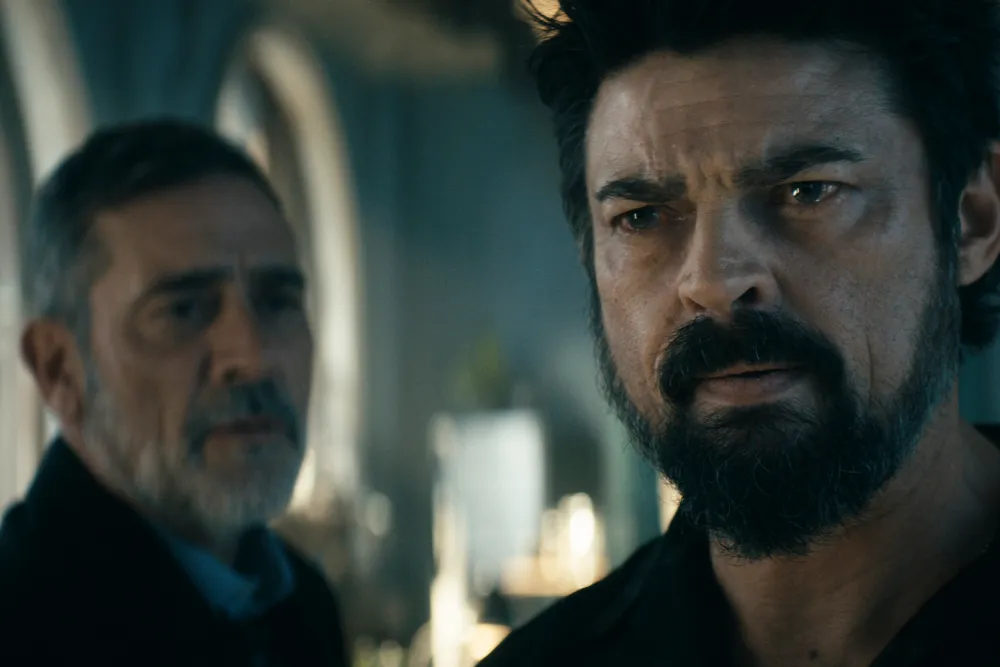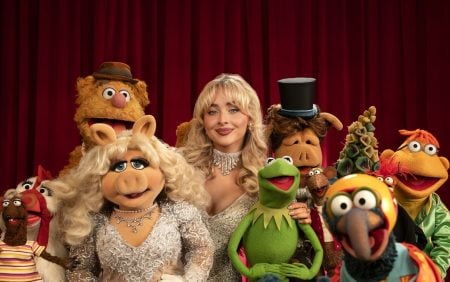In the gritty, morally ambiguous world of The Boys, heroes and villains are not defined by capes or sinister laughter but by the complex shades of their actions and motivations. While Homelander, the sociopathic leader of The Seven, is often viewed as the primary antagonist, Billy Butcher emerges as a character whose own villainous tendencies make him just as much a villain in the series.
The Nature of Butcher’s Vendetta
Billy Butcher’s vendetta against superheroes, or “supes,” is deeply personal. His hatred is fueled by the belief that Homelander raped his wife, Becca, leading to her disappearance and eventual death at the hands of Ryan. This singular focus on revenge drives Butcher to extreme lengths, blurring the lines between heroism and villainy. His willingness to use anyone and anything to achieve his goals, often disregarding the collateral damage, paints him in a villainous light.

Morality and Sacrifice
Butcher’s moral code is as flexible as it is brutal. He manipulates, deceives, and coerces those around him, including his own team, The Boys. His treatment of Hughie Campbell, an unwilling participant at first in Butcher’s crusade, exemplifies this. Butcher sees Hughie as a pawn, exploiting his grief and anger to further his own ends. This manipulation reveals Butcher’s willingness to sacrifice others for his own vendetta, a trait commonly associated with villains.
Ends Justify the Means
Butcher operates under the belief that the ends justify the means, a philosophy often employed by villains. His tactics are ruthless and often mirror those of the supes he despises. From blackmail to murder, Butcher’s methods are anything but heroic. His quest for vengeance often blinds him to the moral implications of his actions, making him a dangerous and unpredictable force.
In Season 2, Butcher’s villainous traits become even more pronounced. His ruthless pursuit of Becca leads him to make several morally questionable decisions. One notable moment is when he manipulates Ryan, Becca and Homelander’s son, to turn against his mother in an attempt to use him as a weapon against Homelander. Butcher’s willingness to exploit a child for his own ends showcases the depths of his ruthlessness.
Additionally, Butcher’s betrayal of his team is highlighted when he leaves Hughie and Mother’s Milk to fend for themselves during a confrontation with the supes, prioritizing his personal vendetta over the safety of his friends. This selfishness and lack of loyalty further solidify his role as a villain in the series.
Season 3 sees Butcher crossing even more lines in his quest for vengeance. His use of Temp V, a temporary compound that grants superpowers, underscores his willingness to become what he despises to achieve his goals. This transformation not only physically changes Butcher but also symbolically represents his descent into villainy.
A particularly telling moment occurs when Butcher, fueled by Temp V, brutally tortures Gunpowder, a minor supe, to extract information. The sheer brutality of this act, coupled with Butcher’s lack of remorse, highlights his increasing moral degradation. His willingness to engage in such violence and cruelty blurs the line between him and the very supes he seeks to destroy.

Homelander: The Mirror Image
Homelander and Butcher are two sides of the same coin. Both are driven by a need for control and retribution. While Homelander seeks to maintain his godlike status and power, Butcher seeks to dismantle the very foundation of that power. Their methods and motivations may differ, but their underlying ruthlessness binds them together. This parallel makes Butcher not just an anti-hero but a villain in his own right.
Collateral Damage
One of the most telling aspects of Butcher’s villainy is his disregard for innocent lives. Whether it’s threatening the families of his enemies or using civilians as bait, Butcher’s actions often result in unnecessary harm. This collateral damage is a stark reminder that Butcher’s war against the supes is not a noble quest but a personal vendetta that consumes everything in its path.
In the morally gray universe of The Boys, the lines between hero and villain are blurred, and Billy Butcher stands as a testament to this complexity. His relentless pursuit of vengeance, ruthless methods, and disregard for collateral damage make him just as much a villain as Homelander. Both characters embody the darkness that lurks within the human psyche, challenging viewers to question the true nature of heroism and villainy. As The Boys heads into the series finale, one thing remains clear: in the battle between Butcher and Homelander, there are no true heroes, only varying shades of villainy.

Elara is a dynamic writer and blogger who specializes in pop culture and movie reviews. With a background in film studies and journalism, she combines her deep knowledge of the entertainment industry with a sharp, insightful writing style that keeps readers coming back for more.






